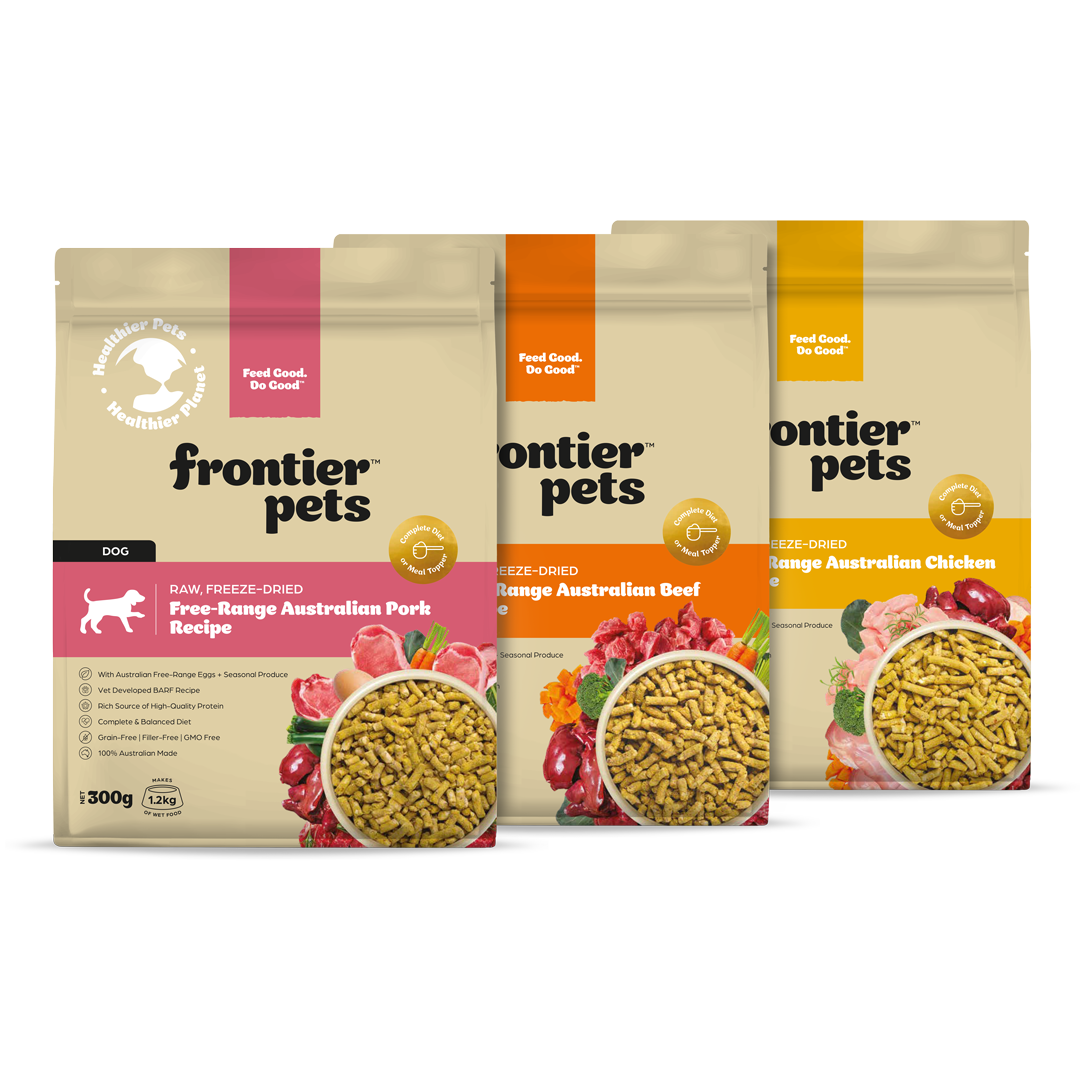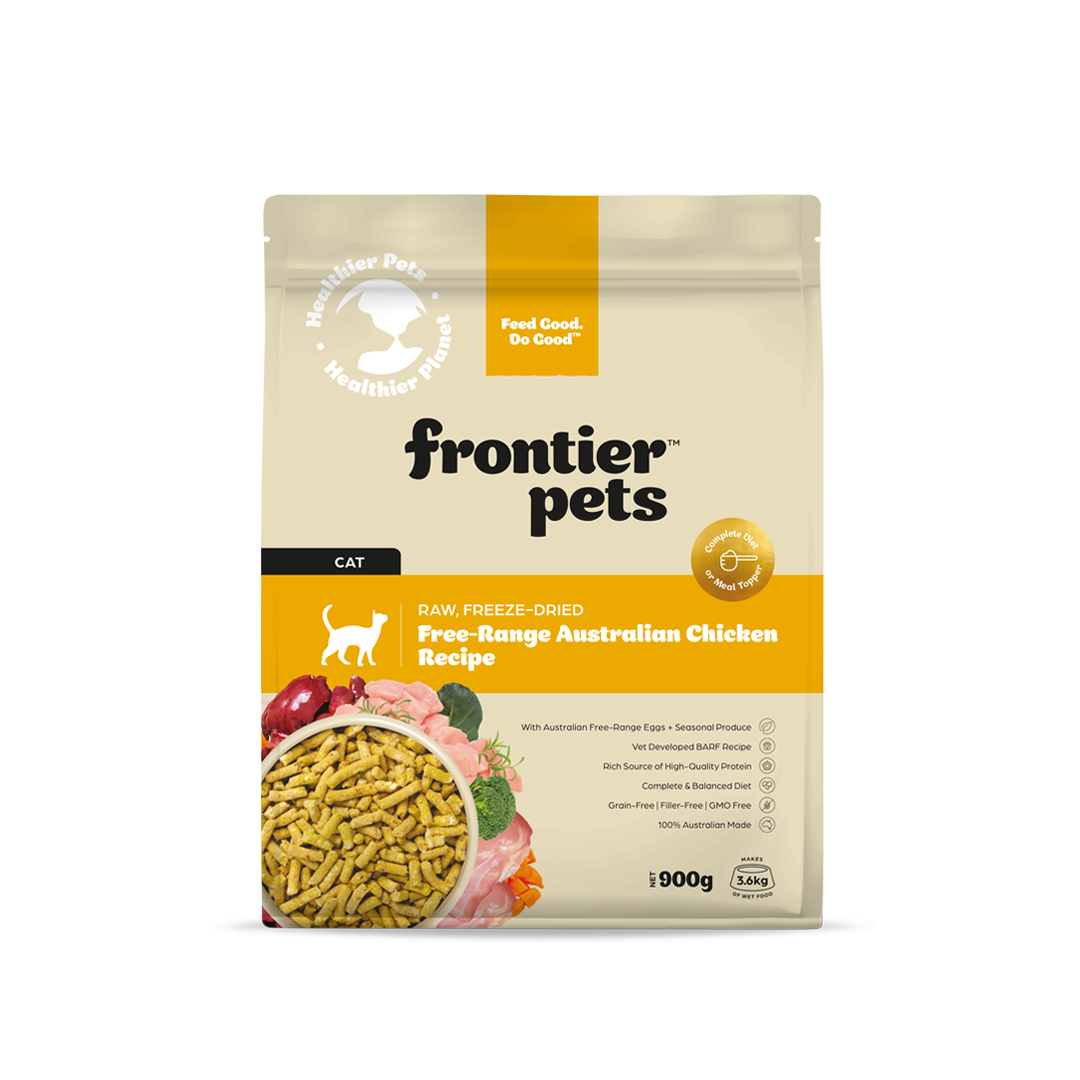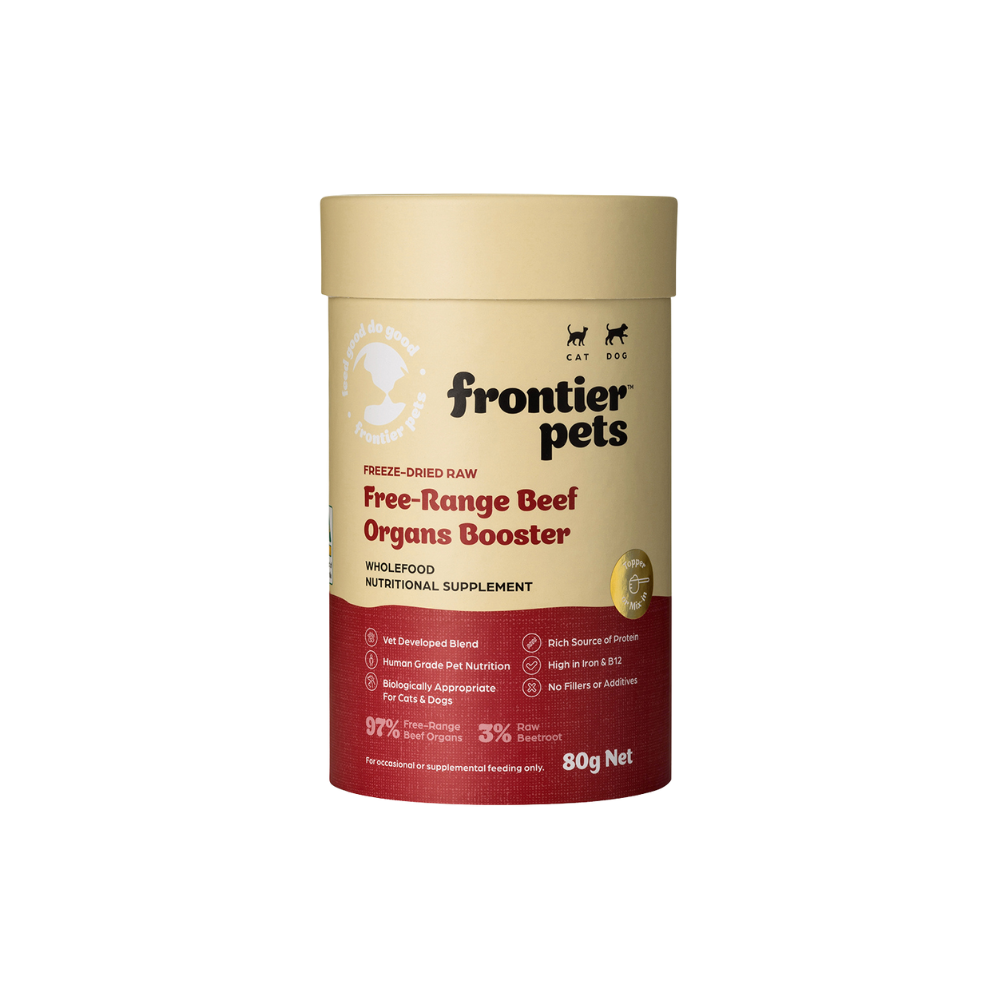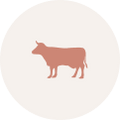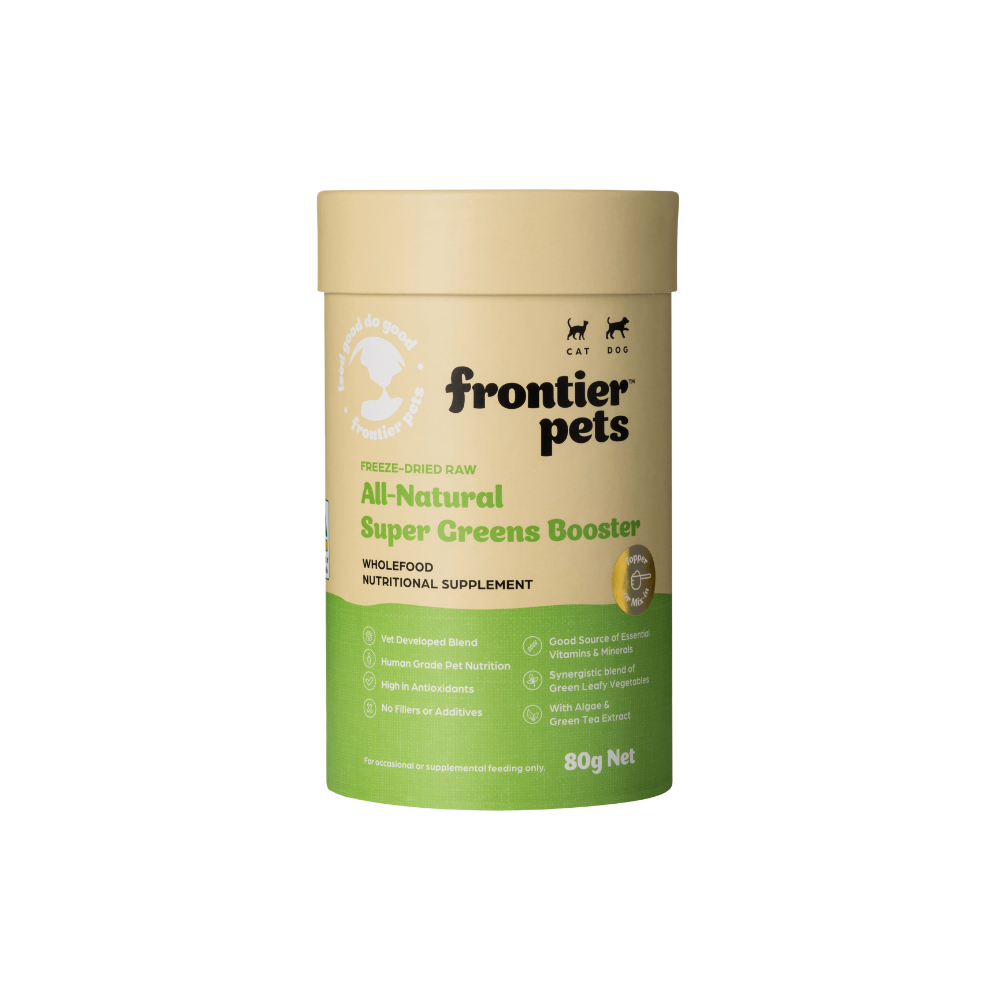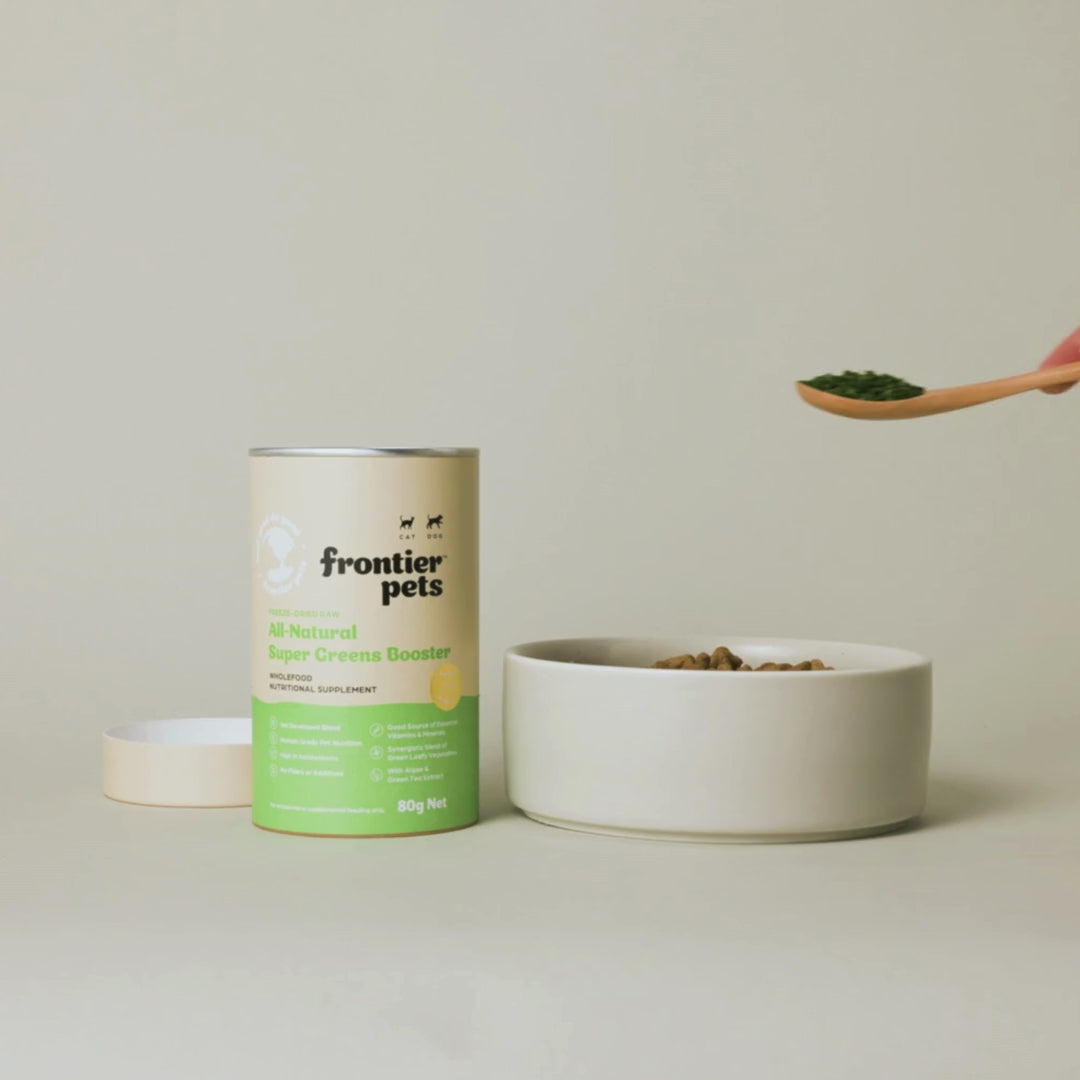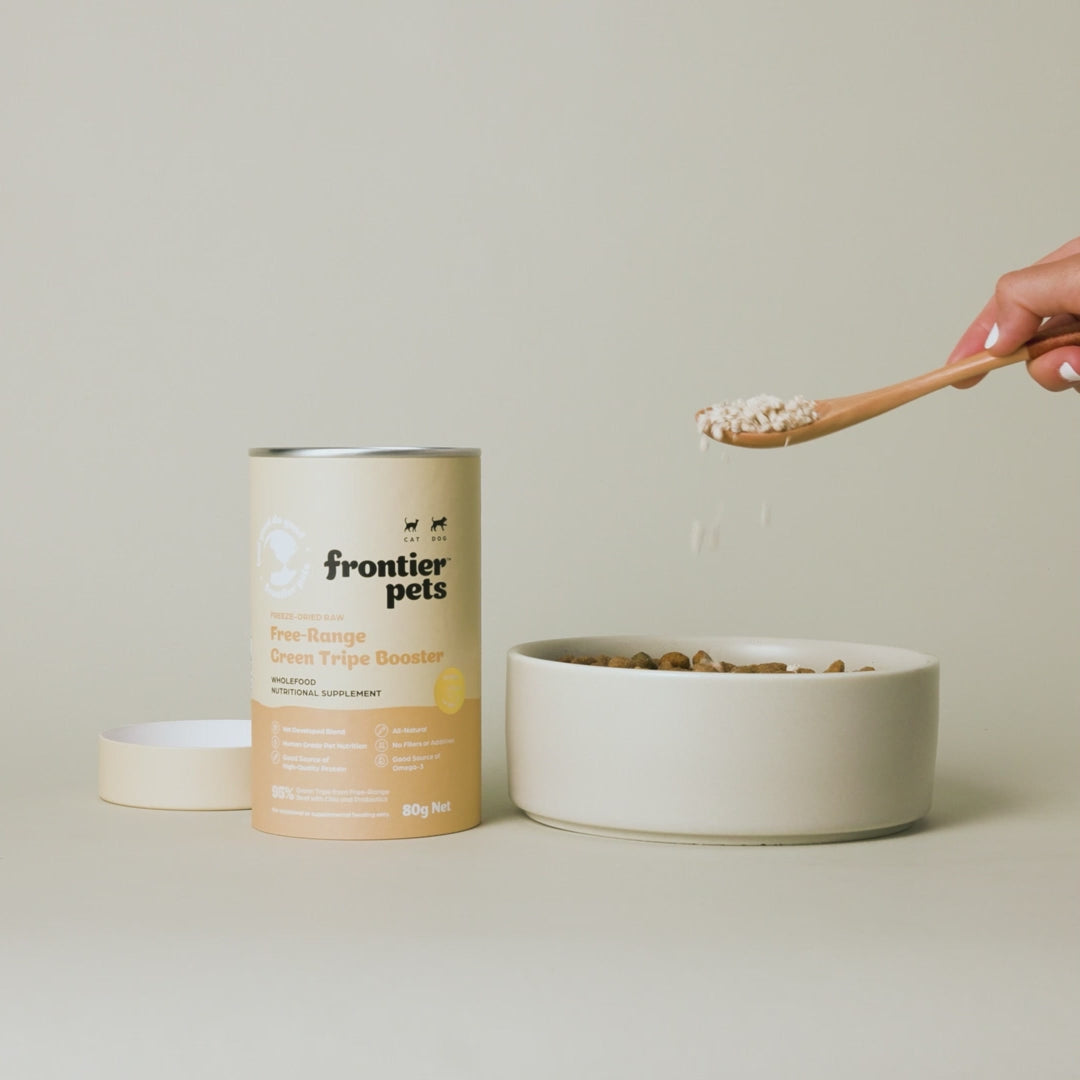BREAKING FREE - The future of food and farming
One of the world’s leading advocates for animal welfare is the UK organisation, COMPASSION IN WORLD FARMING.
I’m a strong supporter of this organisation and have quoted before many interesting facts gleaned from the marvellous publication – FARMAGEDDON – by Philip Lymbery, the organisations CEO.
I stumbled across this article the other day and asked for permission to share it, which I received. It’s been written by Peter Stevenson, Compassion’s chief policy advisor, and sets out clearly the need for change:
FARMAGEDDON exposed the global harm and misery emanating from factory farming. Polluted rivers and lakes, forests uprooted to grow soy for animal feed, people’s health wrecked by the spraying of pesticides, the poor driven from their land.
As I’ve travelled around Europe for the last 25 years lobbying for farm animals I’ve seen how land-based farming has been increasingly replaced by harsh indoor factories where animals are regarded as machines to be fine-tuned to ever higher levels of production. Now even dairy cows are being herded off the fields and crammed year-round into ‘zero-grazing’ operations. [NOTE FROM FRONTIER PETS: This is happening here in Australia!]
We must move away from industrial livestock production. It’s wasteful and inhumane. It depends on feeding cereals to animals who convert them very inefficiently into meat and milk. Over half of EU cereals are fed to animals. This huge demand for cereals as feed has fuelled intensive crop production which – with its monocultures and agro-chemicals – leads to water pollution, soil degradation and biodiversity loss. Future generations will struggle to feed themselves in the wasteland created by industrial farming.
How can we move to a better future? Here are some initial thoughts.
FIRST, we need to re-think the role of animals in farming. They should not be fed on grain – globally billions more people could be fed if this was used for direct human consumption. When they eat grain they reduce the amount of food available for people. Animals can only add to our food supply if they are converting inedible materials into food we can eat. They should be fed on pasture and by-products – and on crop residues in integrated crop-livestock systems. Animals fed in this way are likely to be kept outdoors enjoying fresh air and daylight and being able to engage in their natural behaviours.
Reducing the use of grain as feed would take the pressure off crop production allowing polluted waters and biodiversity to be restored and soils to be replenished through crop rotations.
SECOND, politicians and scientists must develop a more ambitious view of what constitutes good animal welfare.
For many this means little more than avoiding negative experiences such as pain and ill-health. However, good welfare is also about being able to enjoy the pleasure of being alive.
Leading scientist, David Mellor, stresses that animals should be able to “engage in behaviours they find rewarding” and should be kept in ways that allow them to experience “comfort, pleasure, interest, confidence and a sense of control”.
THIRD, the CAP must be replaced by a Common Food and Farming Policy. This should deliver on a wide range of objectives. It should produce nutritious food and encourage healthy diets. It must end the scandal whereby the poorest members of society have the unhealthiest diets. It needs to work with the grain of nature, allowing wildlife and the environment to recover from the depredations of factory farming. It must produce good livelihoods for farmers and first class animal welfare.
FOURTH, we must challenge the myth that we need to produce 70-100% more food to feed the growing world population as this is driving further industrialisation of farming.
WE ALREADY PRODUCE ENOUGH FOOD TO FEED 14 BILLION PEOPLE…
Over half of this is wasted – by being thrown away or used as biofuels or animal feed. We do not need to produce large amounts of extra food; we simply need to halve all these forms of food waste.
FIFTH, consumers should be informed about the health, environmental and animal welfare benefits of eating less and better meat. Research shows our diets alone – with their high levels of meat – will take us over the Paris target of limiting temperature rises to ‘well below 2°C’.
SIXTH, we need to tackle the factors that are acting as ‘lock-ins’ keeping industrial farming in place. Farmers have immense influence on Governments. So too does agri-business – the manufacturers of chemical fertilisers and pesticides, the providers of hybrid seeds and animal genetics, the animal pharmaceuticals companies and the big global grain traders. All these are dependent on the continued existence of industrial farming.
Without factory farming there would be little need for their products. So they are desperate to promote the myth that we need industrial agriculture to feed the world.
Reprinted with permission of Compassion in World Farming.

